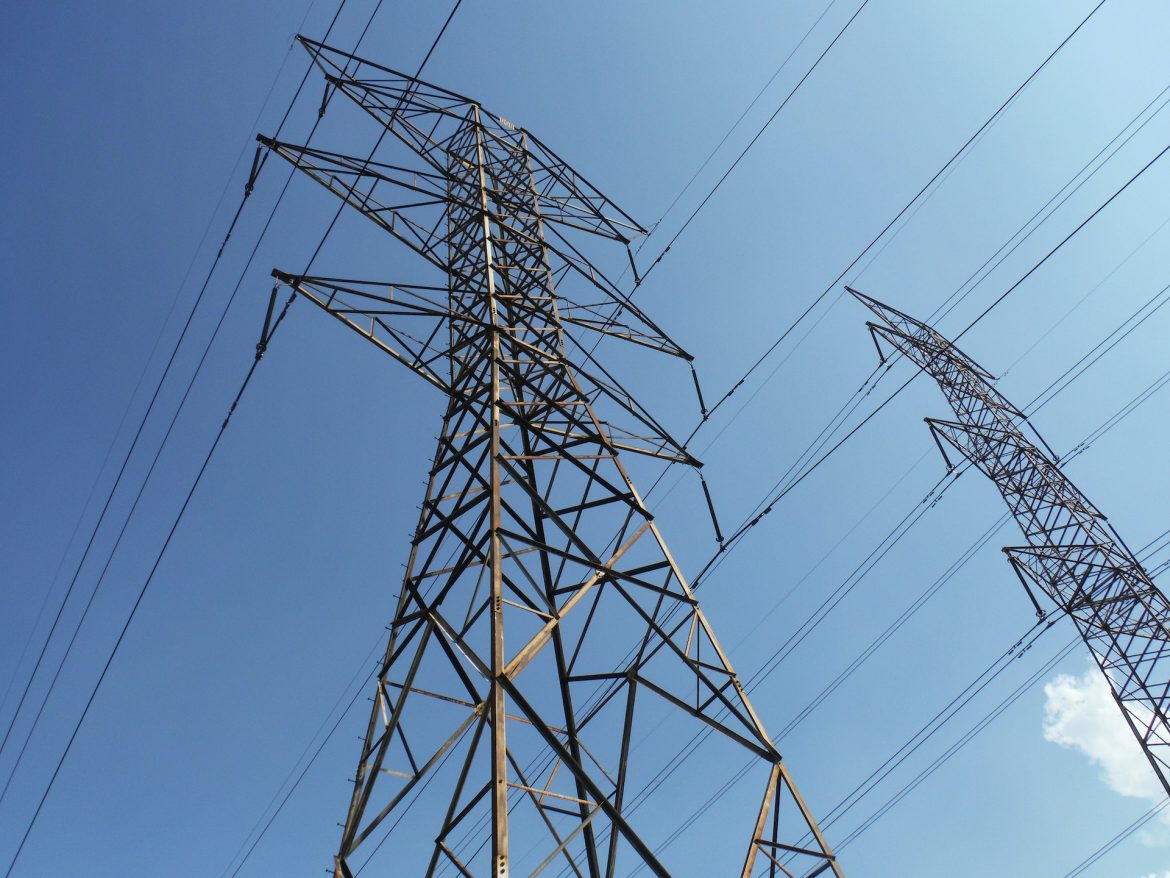In a decisive move against persistent load shedding, the Western Cape government unveiled an innovative electricity wheeling toolkit on Tuesday, aiming to bolster energy independence from Eskom for local municipalities.
This toolkit, a strategic outcome of years of groundwork, promises to ease the adoption of third-party electricity wheeling, allowing more energy contributions into the grid and reducing the grip of load shedding. It’s an extension of efforts seen in George Municipality, which embarked on this journey back in 2019, setting a precedent within the province.
According to a report by ESI Africa, the initiative gained traction in 2021, marked by George Municipality signing its inaugural Use of System Agreement. During a recent industry webinar, the City of Cape Town navigated this terrain, deliberating a nuanced tariff model acknowledging the evolving electricity landscape, revealed Donovan Leeuwendaal, a key figure in Cape Town’s finance and commercial sectors.
By embracing third-party wheeling, the province anticipates diverse benefits, notably:
- Enhancing grid electricity supply and easing load-shedding pressures
- Curtailing consumer electricity expenses.
- Diversifying away from Eskom dependence
- Offering firms predictable electricity tariffs.
- Encourage renewable energy use to align with climate commitments.
- Spurring investment, economic growth, and employment within the region.
Provincial leaders Tertuis Simmers and Mireille Wenger were instrumental in the toolkit’s launch, emphasizing its potential to fortify municipal energy resilience. The comprehensive package provides a pragmatic guide for municipalities, complete with tariff-calculating tools and standardized agreement templates.
The province underscores protecting municipal revenue, addressing concerns of revenue loss from traditional Eskom-generated electricity distribution. Analytical models from regional data suggest a revenue-neutral implementation is feasible.
This milestone aligns with Premier Alan Winde’s 2022 establishment of the Western Cape Energy Council, reflecting a sustained commitment to energy stability and economic vitality in the face of national power challenges.



